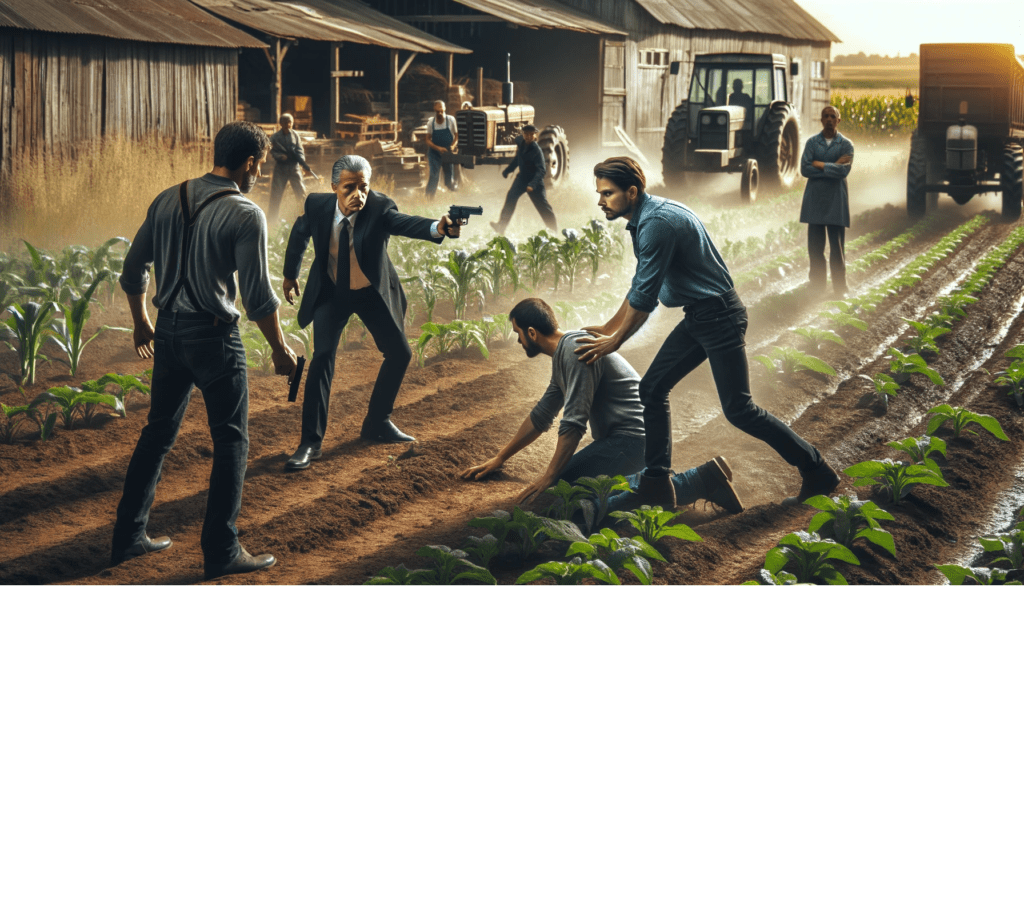Understanding Workers’ Compensation Benefits in Assault Cases: The Maravilla Case
In the realm of workers’ compensation law, the circumstances under which an employee assaulted at work may receive benefits are critical to understand. A recent decision by the Workers’ Compensation Appeals Board (WCAB) in Maravilla v. Atwal Brothers Farming, Inc., 2024 Cal. Wrk. Comp. P.D. LEXIS 93, sheds light on the conditions under which such incidents are deemed compensable.
The Case of Maravilla: A Farm Laborer’s Ordeal
In this case, the applicant, a farm laborer, was brutally attacked at work by the owner of a neighboring farm. The assailant accused the applicant of stealing an ATV, which led to a violent confrontation. On the day of the incident, the applicant’s supervisor played a pivotal role in facilitating the attack. Here’s a breakdown of what happened:
– The supervisor received a phone call from the assailant and informed him that the applicant was present at the farm.
– Upon the assailant’s arrival, the supervisor directed him to the applicant’s location.
– The assailant, armed with a gun, instructed the supervisor to tie up the applicant. The supervisor complied.
– The applicant managed to escape but was shot multiple times by the assailant, resulting in a gunshot wound to
the leg.
– After the applicant was caught again, the assailant assaulted him with a bat before the police arrived.

WCAB’s Decision: Establishing a Work Connection
The crux of the WCAB’s decision hinged on whether the employment context was merely incidental or whether there was a sufficient connection to the employment to warrant workers’ compensation benefits. The WCAB concluded that the supervisor’s actions—actively assisting the assailant in locating and attempting to restrain the applicant—created a direct work connection. This connection was deemed sufficient to establish that the injuries arose out of and in the course of employment.
Implications for Injured Workers
This decision underscores the importance of understanding the nuances of workers’ compensation claims involving assault. It highlights that:
1. Employer and Supervisor Actions Matter: The behavior of supervisors and employers can significantly impact the compensability of an injury. In Maravilla’s case, the supervisor’s complicity in the assault was a key factor in the WCAB’s decision.
2. Work Connection is Crucial: For an injury to be compensable, there must be a clear connection to the employment. The workplace must not be merely the setting for the incident but a contributing factor to the injury.
3. Legal Recourse is Available: Injured workers should be aware that they have legal avenues to pursue compensation, especially when the assault is linked to their employment conditions or actions taken by their supervisors or employers.
Conclusion
The Maravilla case serves as a poignant reminder of the complexities involved in workers’ compensation claims related to assaults at work. For injured workers, understanding these legal precedents is vital in ensuring they receive the benefits they deserve. If you or someone you know has been injured at work under similar circumstances, consulting with a knowledgeable workers’ compensation attorney can provide the guidance needed to navigate these challenging situations.
At Franco Munoz Law Firm, we are dedicated to representing injured workers and ensuring they receive the justice and compensation they deserve. Contact us today to learn more about how we can assist you in your workers’ compensation claim.







